Cannot be delayed
According to statistics, the consumption of sugary soft drinks in our country doubled in the period 2013 - 2023 (from 3.44 billion liters to 6.67 billion liters). This situation poses many alarming risks to public health. Sugary soft drinks, whether sweetened with natural sugar or artificial sweeteners, stimulate cravings for sweets, increase carbohydrate consumption, cause addiction and lead to serious health problems such as obesity, diabetes, high blood pressure and many other non-communicable diseases.
According to Dr. Hoang Thi My Hanh (Institute of Health Strategy and Policy), Vietnam currently has up to 26.2% of adults (about 17 million people) with high blood pressure; more than 4.6 million people aged 18 - 69 have diabetes; more than 180,000 new cancer cases each year; the rate of overweight and obese children is at an alarming level (9.4% of children under 5 years old and 19% of children aged 5 and over).
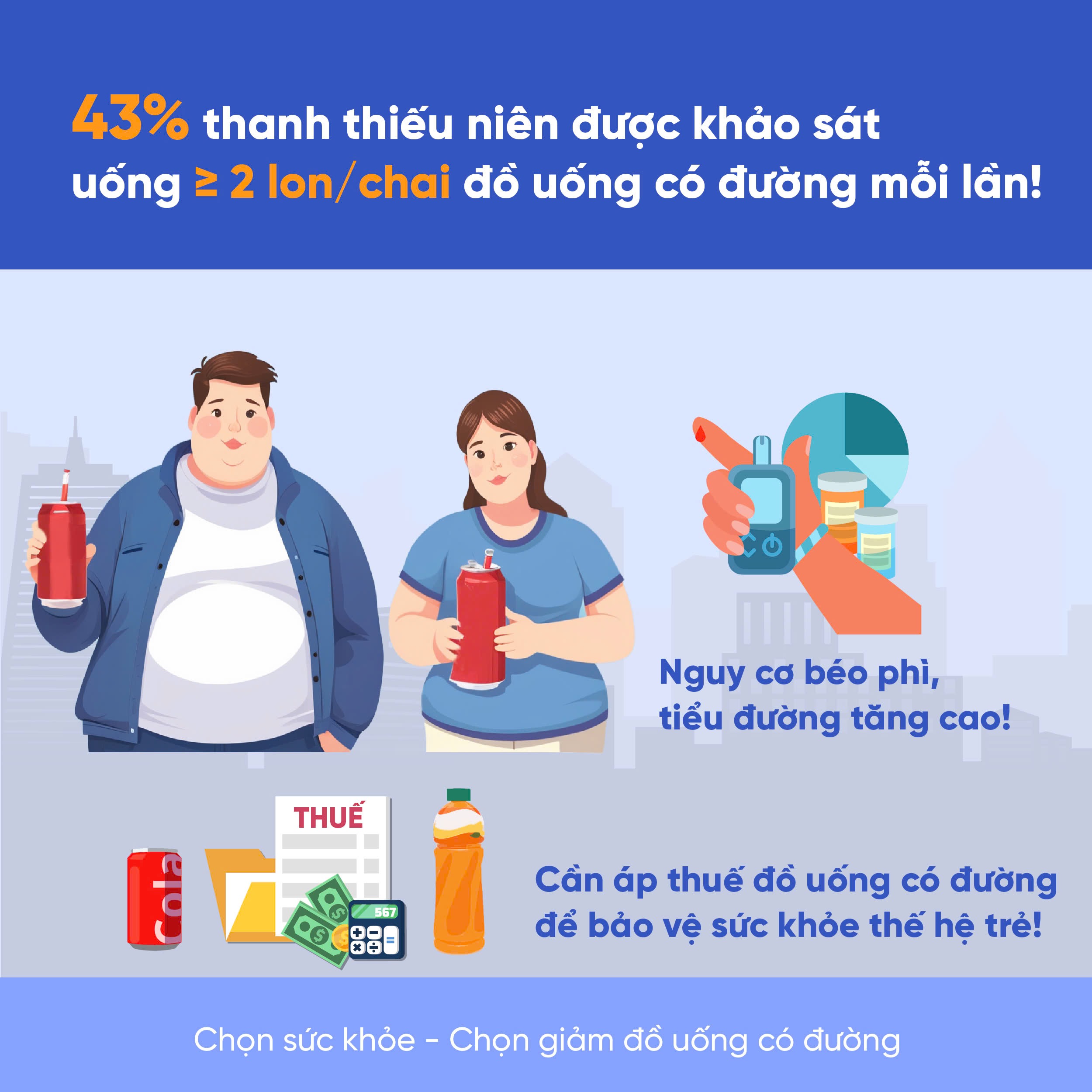 |
A study by the University of Public Health found that if a tax were imposed to increase the retail price of sugary soft drinks by 20%, the proportion of overweight and obese people could decrease by 2.1% and 1.5%, respectively, while preventing about 80,000 cases of diabetes. This is a low-cost but highly effective solution in controlling consumption. According to estimates, in 2019, the economic loss due to overweight and obesity alone was 3.69 billion USD (accounting for 1.1% of GDP). This figure is expected to increase 28 times by 2060.
Imposing a special consumption tax on sugary soft drinks with a sugar content of more than 5g/100ml does not mean a complete ban on these products, but rather aims to guide consumers to choose healthier products, such as low-sugar or sugar-free soft drinks. Businesses can also flexibly change and diversify their products to meet market demand.
In the world , 107 countries have applied excise tax on sugary drinks, including 7 ASEAN countries. Applying excise tax on sugary drinks in Vietnam is becoming an urgent issue. The implementation date from 2027 is considered by many experts to be too late and cannot be delayed any further.
Many people even say that the proposed 8% tax rate for soft drinks with sugar content over 5g/100ml is too low, only serving to warn consumers about products that are harmful to health, and is unlikely to create a significant impact in reducing actual consumption.
Practical solutions
Imposing special consumption tax on sugary soft drinks is not only a global trend, but also a practical solution that needs to be implemented soon in Vietnam to protect people's health, especially the young generation, while contributing to reducing the burden on the national health system in the future.
During the discussion session at the National Assembly on the Draft Law on Special Consumption Tax (amended), many delegates shared their views and suggestions on expanding the taxable subjects, including imposing special consumption tax on sugary soft drinks. This is considered one of the solutions to limit the production and consumption of products containing a lot of sugar, contributing to protecting people's health and orienting sustainable development.
Mr. Phan Van Mai, Chairman of the National Assembly's Economic and Financial Committee, emphasized that the addition of water
The purpose of taxing sugary soft drinks is to institutionalize the Party and State's policy on protecting people's health, recommendations from the World Health Organization (WHO), the United Nations Children's Fund (UNICEF) and the Ministry of Health. This is an initial proposal in solutions to limit the consumption of sugary products.
Minister of Finance Nguyen Van Thang said that during the process of drafting the Law on Special Consumption Tax (amended), there were two opposing opinions. One side said that it was not necessary to impose the tax right now; the other side said that the sooner the tax was imposed, the better.
The Minister analyzed that Vietnam is one of the countries with high consumption of sugary soft drinks, leading to the risk of obesity and related diseases. WHO recommends imposing a minimum excise tax of 20% on sugary soft drinks. The Ministry of Finance proposed a roadmap to impose a tax of 8% in 2027 and 10% in 2028 to avoid shocking businesses. The Minister pledged to continue reviewing and perfecting the Draft Law to both achieve the goal of protecting people's health and creating favorable conditions for business development.
According to Dr. Angela Pratt, WHO Representative in Vietnam, this is the right time to impose a special consumption tax on sugary drinks in Vietnam, in order to prevent the increasing consumption of sugary drinks and the negative consequences that come with it.
Source: https://baodautu.vn/ap-thue-tieu-thu-dac-biet-voi-nuoc-giai-khat-co-duong-giai-phap-thiet-thuc-de-bao-ve-suc-khoe-cong-dong-d297530.html








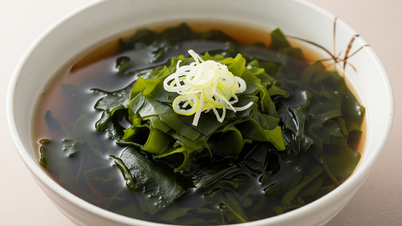

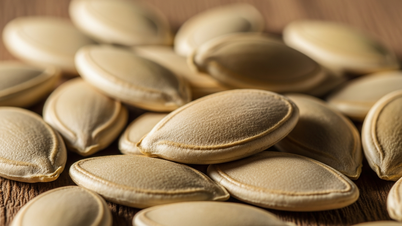


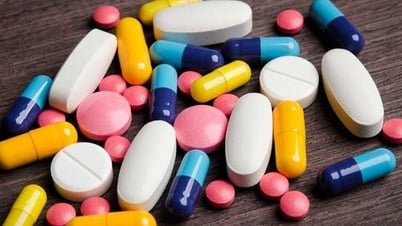

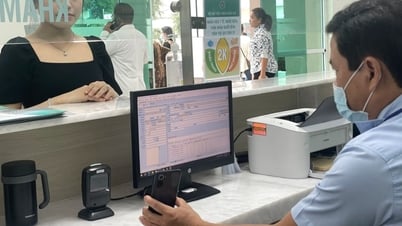

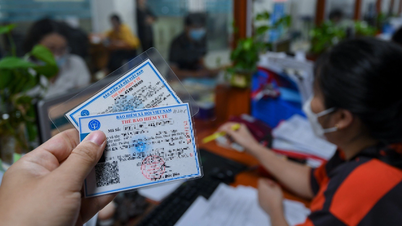







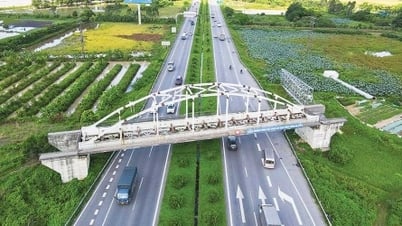



















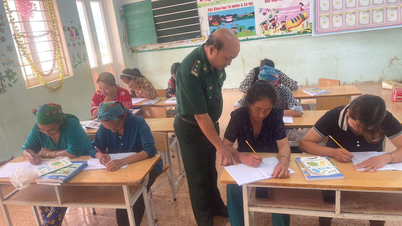





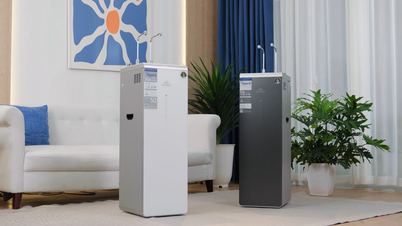

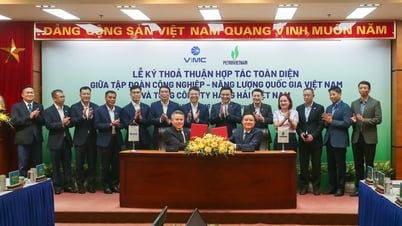
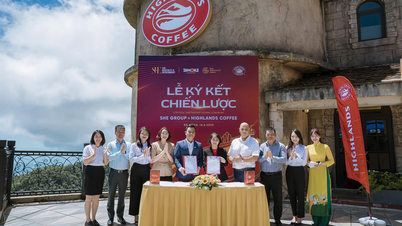
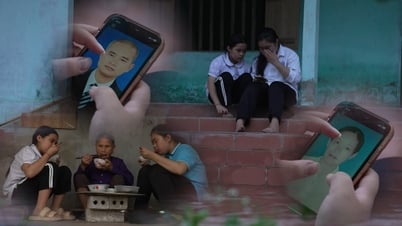

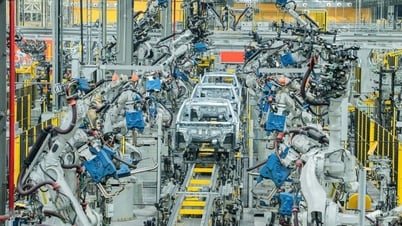


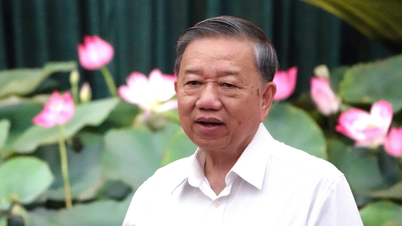










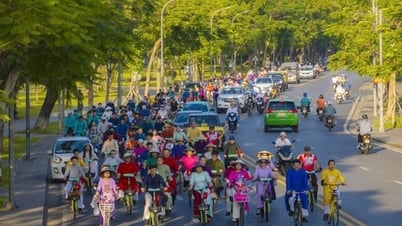
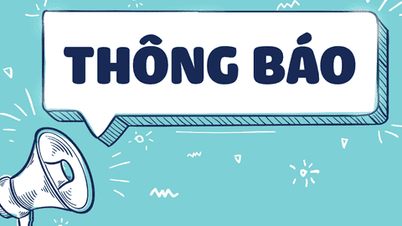

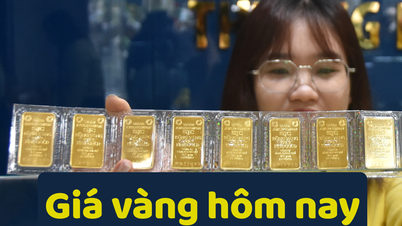

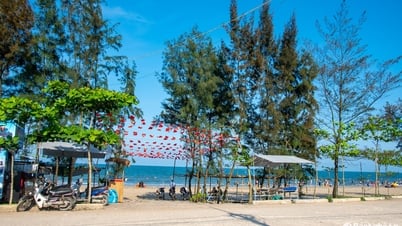
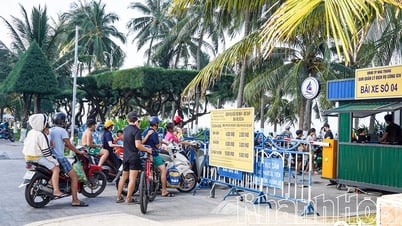





















Comment (0)